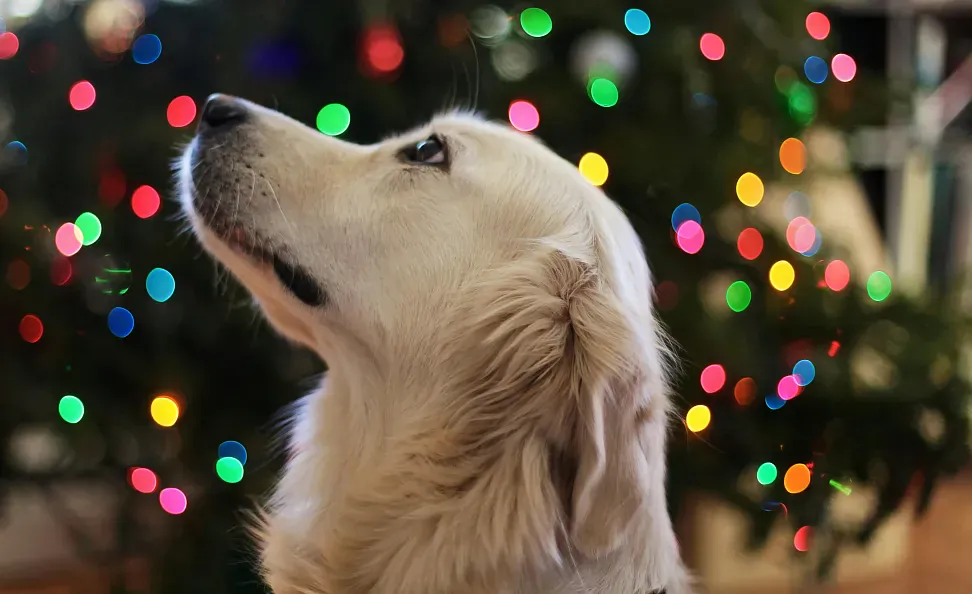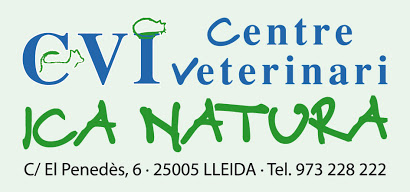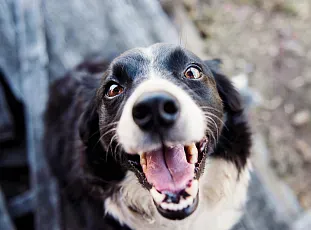Toxic foods for dogs: how to protect your furry friend during the Christmas holidays

Christmas is a time of joy, celebration, and most of all, lots of delicious food. However, while we enjoy family dinners and traditional sweets, we must remember that some of these foods we love can be very dangerous for our pets, especially dogs. Below, we tell you which foods are the most toxic for them, why they are dangerous, and what to do if your dog has an accident at home.
Chocolate
Chocolate is one of dogs' number one enemies. It contains theobromine, a substance that dogs cannot metabolize properly and that can cause vomiting, diarrhea, tremors and even heart problems. The darker the chocolate, the more dangerous it is.
Grapes and raisins
Although they are a classic on the Christmas table, grapes and raisins can cause severe kidney damage in dogs, even in small quantities.
Onion, garlic and leek
These ingredients, so common in stews and sauces, contain compounds that can damage dogs' red blood cells, causing anemia.
Cooked bones
Although bones seem like a natural treat for dogs, cooked bones can splinter and cause blockages or perforations in their digestive system.
Alcohol
Carelessness with wine or champagne glasses can be dangerous, as alcohol can quickly affect the nervous system and cause vomiting, diarrhea, difficulty breathing and, in severe cases, death.
Fatty foods and leftovers
Leftovers such as turkey skin, greasy sauces or pieces of fat can cause pancreatitis, a painful inflammation of the pancreas that requires urgent veterinary attention as it can be fatal.
Sweets with sweeteners (xylitol)
Xylitol, found in some candies, gum, and sugar-free products, can cause low blood sugar (hypoglycemia) and liver damage in dogs.
What to do if your dog eats something toxic?
If you think your dog has ingested any of these foods, stay calm but act quickly:
• Do not try to induce vomiting without consulting a veterinarian. Some products can cause more harm when vomited. Home remedies such as salt water or hydrogen peroxide can be more dangerous in the long run.
• Contact your veterinarian immediately. Describe what your dog has eaten, the amount and when it happened. If it is something “manufactured,” keeping the food packaging can be crucial to know if the amount of food ingested is a serious or minor dose.
• Keep emergency veterinary numbers close by. Regular centers may be closed during holidays.
Tips to avoid accidents at Christmas
1. Educate your guests. Many people don't know which foods are dangerous for dogs, so educate your family and friends.
2. Set clear boundaries. During dinner, keep your dog away from the table and prevent him from accessing leftover food.
3. Prepare safe treats for your dog. You can give him some special pet snacks so he doesn't feel like he's left out of the celebration.
4. Keep an eye on edible gifts. If there are Christmas baskets with chocolates or sweets within your dog's reach, keep them in a safe place.
Christmas is meant to be enjoyed by the whole family, including our four-legged friends. Make sure this holiday season is free of scares by taking precautions and being alert. Always remember: if you have questions or an emergency, the vet is your best ally. Happy holidays to you and your furry friend!





